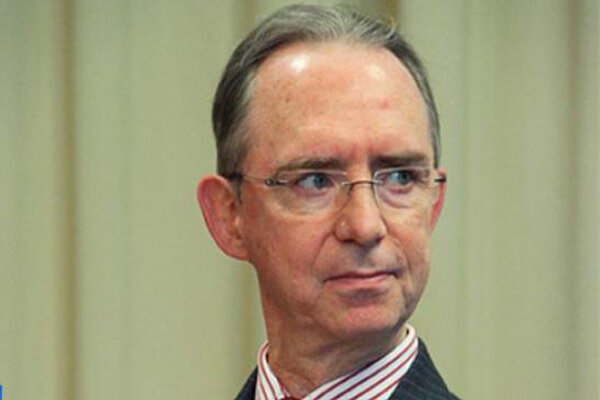Recently the IAEA Director General Rafael Mariano Grossi in surprise remarks called for a new nuclear agreement between Iran and the US under the Biden administration.
Following his unexpected remarks, Iran has called on the International Atomic Energy Organization (IAEA) to remain professional and impartial.
Some experts believe that his remarks lack a legal base and Grossi is not in a position to demand a new nuclear agreement with Iran. He is the head of a technical international organization whose powers are determined by the IAEA's charter and regulations as well as the IAEA's agreements with the member states.
To shed more light on the issue we reached out to Marc Finaud head of arms proliferation at the Geneva Center for Security Policy (GCSP) and a former French diplomat.
Commenting on the debates going on around IAEA head's recent remarks, Marc Finaud believes Grossi’s remarks have been misinterpreted, saying, “ He just said that, in order to pave the way for the return of all parties to the JCPOA and to resume full implementation after the United States re-enters the agreement, there is need to be some sort of understanding on who does what in which timeframe. On the US side, this means assurances that all relevant sanctions will be lifted, how, and when. On the Iranian side, this means a kind of roadmap to return to the limits of the JCPOA in terms of percentage of uranium enrichment, stockpile of enriched uranium, number and type of centrifuges, activities at Fordow, etc. As Grossi said, the situation has notably changed since May 2018, therefore all parties should agree on how best and fastest return to that situation.”
Answering the question that whether Grossi is looking for a new mechanism for monitoring Iran’s nuclear program, Finnaud stressed, “The monitoring mechanism is part of the JCPOA and the existing agreements with the IAEA (Safeguards Agreement and Additional Protocol). There is no need for new mechanisms, just the implementation of existing ones."
Commenting on the Biden’s claim in terms of US return to the JCPOA which the country left unilaterally two years ago, Finaud said, “Biden has been clear in committing to re-entering the JCPOA as soon as possible after he is inaugurated. In his transition team or among his advisors, some would like to seize this opportunity to introduce new constraints on Iran’s policy such as its regional policy or missile program. But it is likely that Biden will follow Obama’s approach to focus on the nuclear issue as a priority and thus create a favourable climate for further negotiations. Iran should consider such prospects carefully: for instance, it could agree to discuss regional policies and missile programs in a regional framework that could entail discussion of policies and armament of other countries in the region such as Saudi Arabia and Israel. It may not be realistic to expect direct negotiations in a near future, but coordinated confidence-building measures with the help of some mediators could be envisaged (such as joint accession to the Hague Code of Conduct on Ballistic Missile Proliferation or ratification of the Comprehensive Nuclear Test Ban).
Interview by Payman Yazdani


























Your Comment